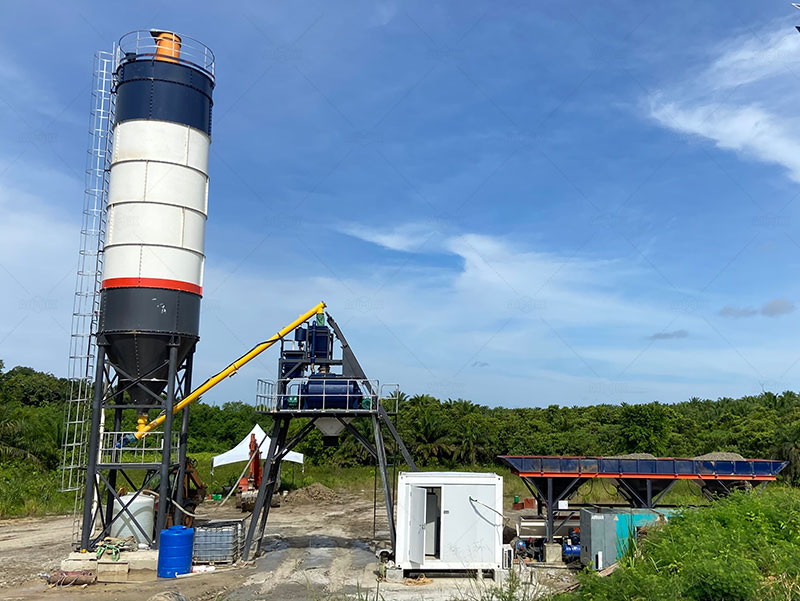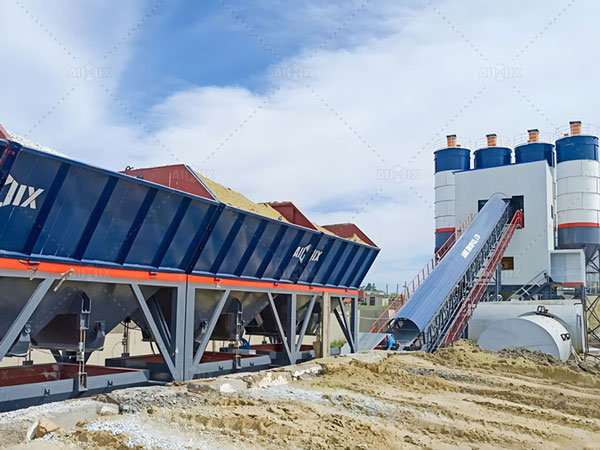
Across Australia’s vast landscape, small communities often face unique challenges when undertaking construction projects. The tyranny of distance and limited access to traditional concrete batching facilities have historically constrained what regional towns could achieve. Mobile concrete batching plants in Australia are rewriting this narrative, bringing industrial-grade concrete production directly to where it’s needed most. These compact yet powerful units are proving particularly transformative for rural infrastructure, indigenous community developments, and remote area projects that previously struggled with material accessibility.
What makes these mobile solutions so revolutionary isn’t just their portability, but their ability to deliver precisely the right amount of quality concrete exactly when and where communities need it. Gone are the days of compromised projects due to concrete setting during long transports or inflated budgets consumed by logistics. From upgrading local sports facilities to constructing much-needed community centers, mobile batching technology is empowering regional Australia to build better, smarter, and more sustainably.
For outback towns and island communities, distance-to-plant has always dictated construction feasibility. Mobile units eliminate this constraint entirely, with self-contained systems that can be transported by standard heavy vehicles. Recent projects in the Kimberley region demonstrate how these plants can operate in areas where the nearest fixed plant might be eight hours’ drive away, making previously unviable projects suddenly achievable.

The modular nature of mobile plants allows communities to right-size their concrete production. Where traditional plants force oversupply to justify delivery costs, mobile versions can produce exactly what’s needed – whether that’s five cubic meters for footpath repairs or fifty for a new community hall. This precision dramatically reduces material waste and associated costs.
Unlike fly-in-fly-out construction crews, mobile batching plant enables community participation in projects. Local workers can be trained to operate the equipment, keeping skills and wages within the region. Several indigenous communities in the Northern Territory have used this model to simultaneously build infrastructure and develop sustainable local enterprises.
When accounting for transport, waiting time, and material loss, traditional concrete supply often carries hidden premiums of 40-60% in remote areas. Mobile plants eliminate these surcharges, with some regional councils reporting 30% overall project savings. These economics make more community wishlist projects financially viable.
Modern mobile plants incorporate water recycling systems and dust suppression technology that often surpasses fixed plant environmental standards. This matters tremendously for ecologically sensitive areas, where communities balance development needs with environmental stewardship. The ability to precisely batch reduces concrete waste – a significant consideration when disposal sites may be hundreds of kilometers away.

By enabling proper concrete specifications rather than compromised mixes, portable concrete batch plants help create longer-lasting infrastructure. This is crucial for communities that can’t afford frequent repairs or replacements. The difference between 20-year and 40-year service life for a water tank or bridge fundamentally changes a community’s maintenance burden and future planning.
As mobile batching technology continues advancing – with solar-hybrid models now entering the market and smart monitoring systems improving efficiency – its potential to reshape Australia’s regional development landscape grows exponentially. These aren’t just pieces of equipment; they’re catalysts for community empowerment, enabling local solutions to local needs without compromising on quality or sustainability. For small towns and remote communities across Australia, mobile batching plants represent more than construction innovation – they signify newfound autonomy in shaping their built environments.